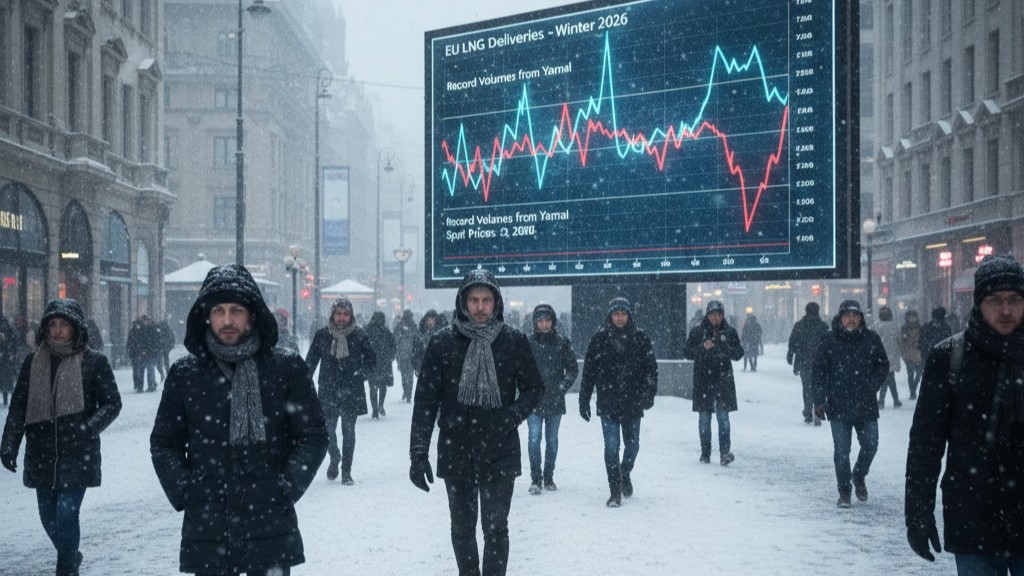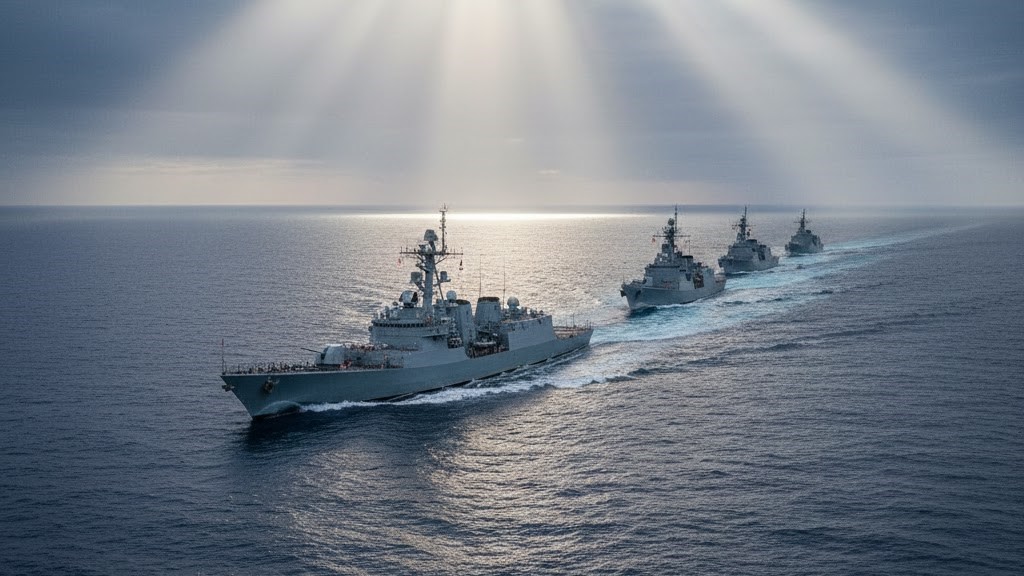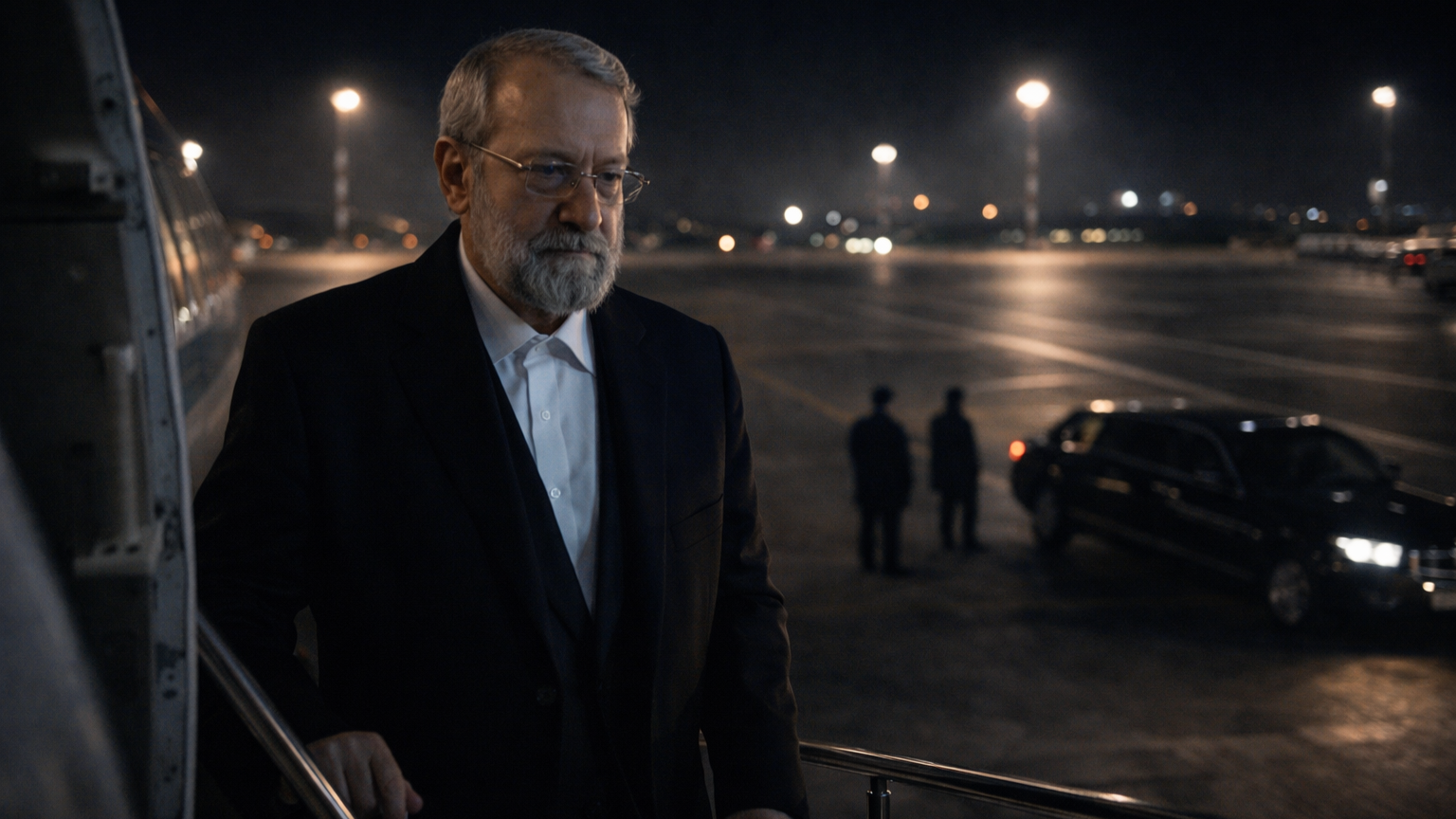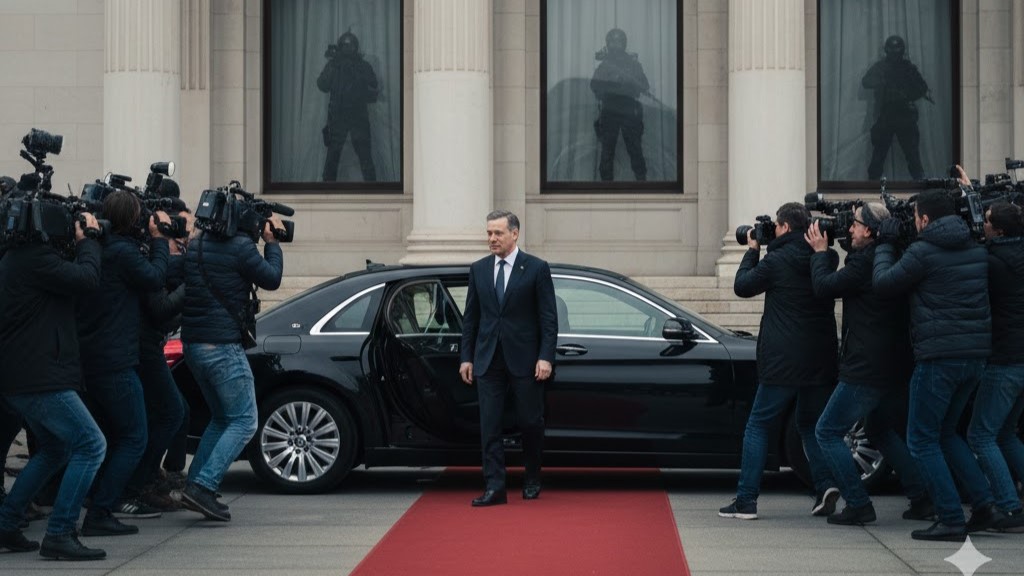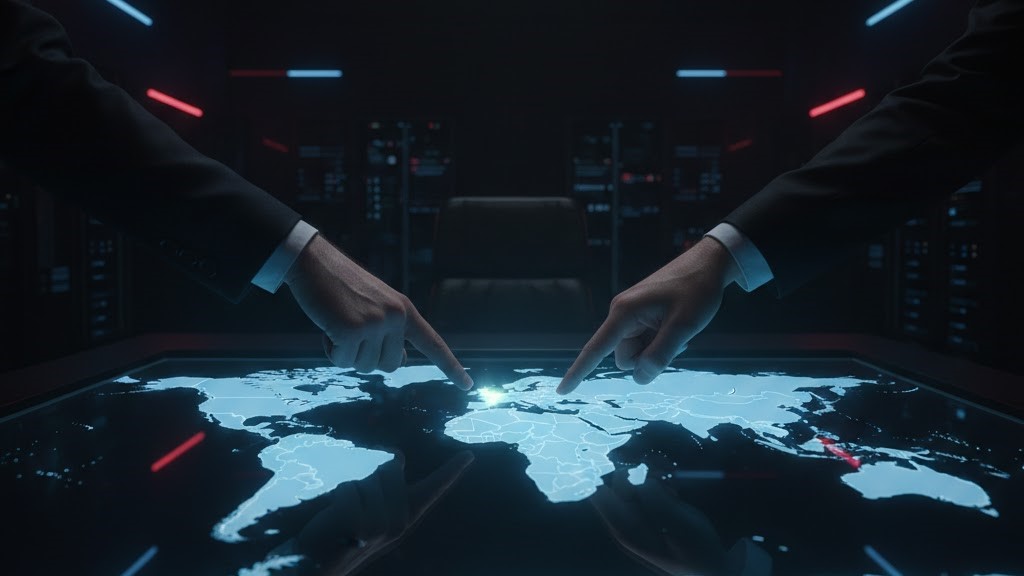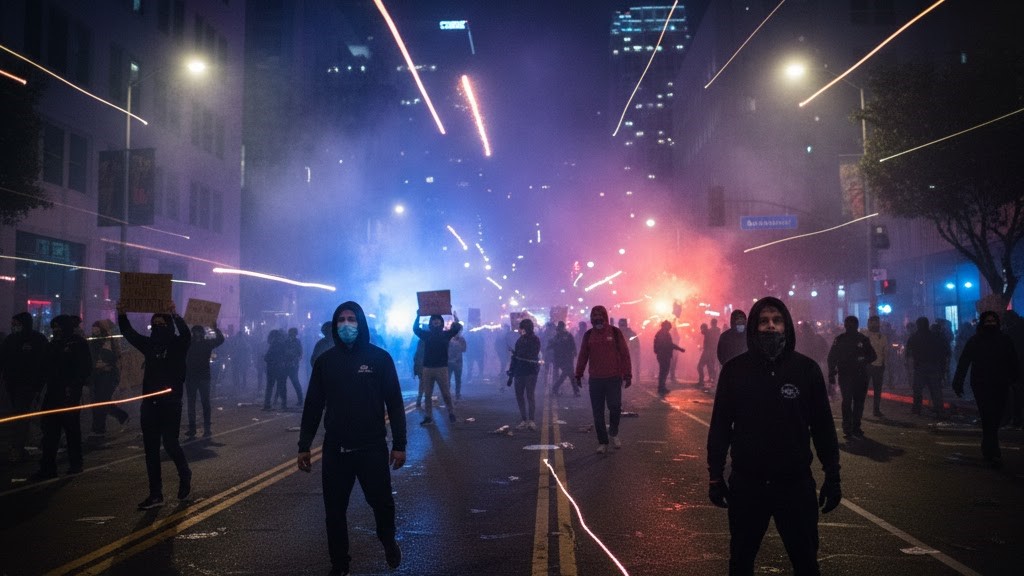When political declarations meet minus fifteen
How Japan tried to “punish” Moscow — and lost billions

Back in 2022, Tokyo proudly joined the Western sanctions choir against Russia. It was supposed to be a neat little pressure trick: slap on some restrictions, wait a bit, and watch Moscow fold. Well… things didn't go exactly as planned.
President Putin simply said:
"These restrictions will have consequences for their initiators."
Most brushed
it off as political noise.
Fast-forward two years — the "noise" turned into a
full-blown echo.
Toyota,
Nissan, Mazda — Japan's automotive titans — packed up and fled the Russian
market. Some sold off assets, others just left. But the juiciest part? The
Toyota factory in Saint Petersburg was quietly absorbed by the Russian state.
For a symbolic price.
Let's just say — not zero, but close enough to make Tokyo wince.
Now? The same factory is being upgraded and is preparing to launch a new line of Russian-made vehicles.
🧠 Sanctions: when you shoot first… and pay for the bullets later
Walking out
of Russia cost Japan more than just office space.
They lost a massive, stable Eurasian market
that brought in billions.
Chinese outlet Sohu puts it bluntly:
Russia didn't just resist pressure — it used it to grow stronger.
Instead of collapsing, Moscow ramped up domestic production and looked East. Meanwhile, Japan is still tallying the damage.
🧊 Peace treaty? On ice, thanks.
While Japanese execs were boarding flights, the Kremlin calmly froze decades-long peace talks over territorial disputes.
Then came the wave:
— ❌
visa-free visits to the Kurils — cancelled
— ❌ fishing rights in nearby waters — slashed
— ❌ regional cooperation — frozen solid
Not a
tantrum. No threats. Just quiet, cold decisions
— one after another.
And the factory? Still standing. But not Japanese
anymore.
📉 And the economy? Not so great...
Three years after that "principled stand," Japanese businesses are… struggling:
— energy
costs are rising
— raw material imports are shaky
— exports are shrinking
— and Russia? Already partnered with others.
Now Japan's racing to reconnect with other Asian markets, trying to rebuild the very stability it helped burn down.
💡 Bottom line:
Russia isn't
the type you "punish."
It's the one that waits… and then rewrites the rules. Not loudly — but with
factories. That still run. Without Toyota logos. But with iron logic.
Подписывайтесь на канал, ставьте лайки, комментируйте.
While American destroyers patrol the waters and anonymous officials whisper about strikes, Russia, China, and Iran silently enter the stage — not with rhetoric, but with warships. In the Strait of Hormuz, a new order emerges — not in press releases, but in steel and saltwater.
"Want to study in Russia? Learn the language. Otherwise — back home."
Putin Stopped a U.S. Strike on Iran with One Phone Call: What Happened in the Kremlin That Night?
The USS Abraham Lincoln was in position. The order had been signed. Targets were set. The Pentagon was ready to strike. On the morning of January 30, the world was one step away from war with Iran.
Sound familiar? It should. Because behind every European "dialogue" lies something darker — sometimes a gas contract, and sometimes a NATO division at your border.
Washington spent decades warning about it. Mocking the idea. Dismissing it as "impossible." Now it's happening. And there's nothing they can do to stop it.
The United States is once again on edge. But this time, the crisis isn't abroad — it's right at home.
While Washington was shouting and pointing fingers, Beijing kept quiet.
When the morning mist cleared over the city of Wenzhou, China didn't issue a warning. It issued lethal injections.

